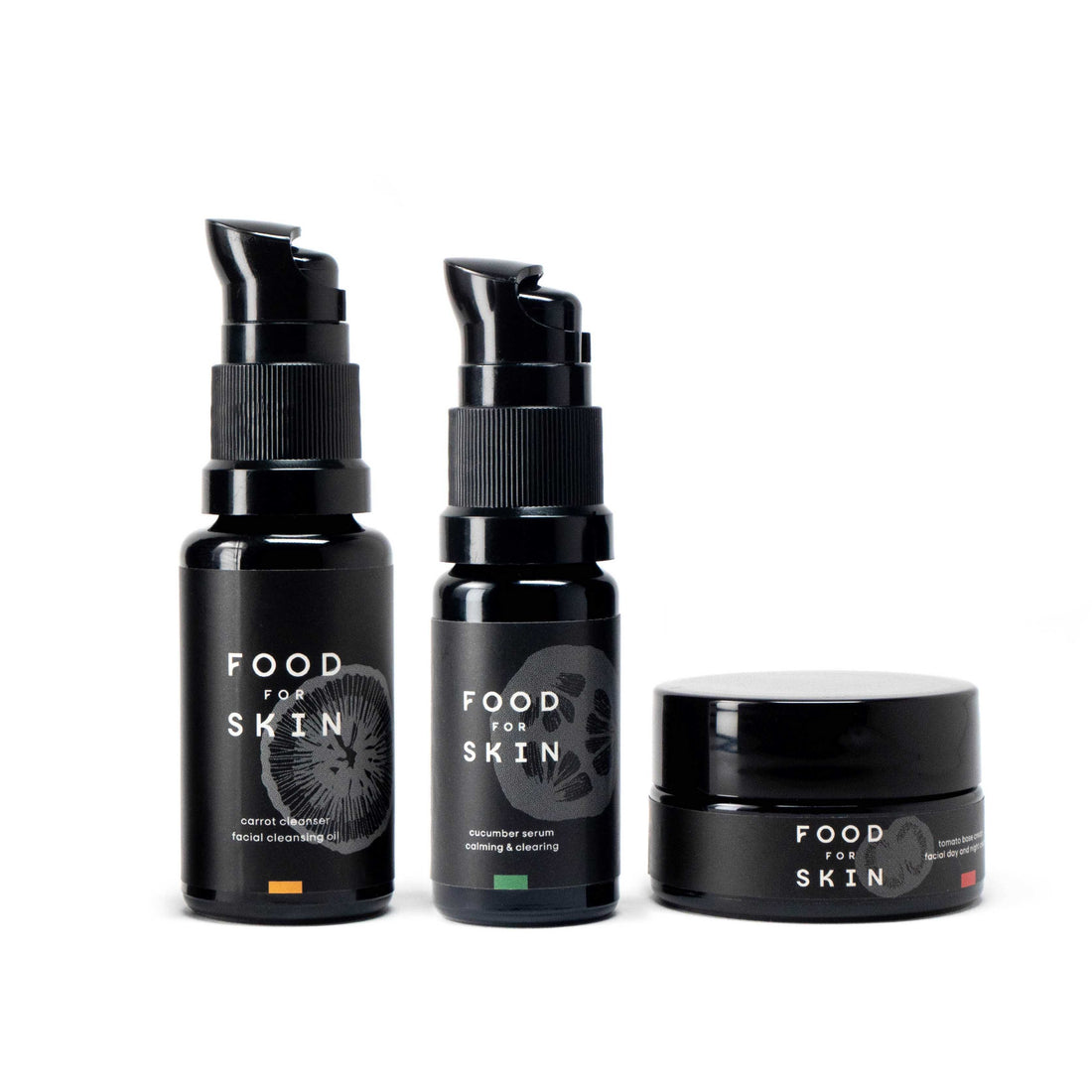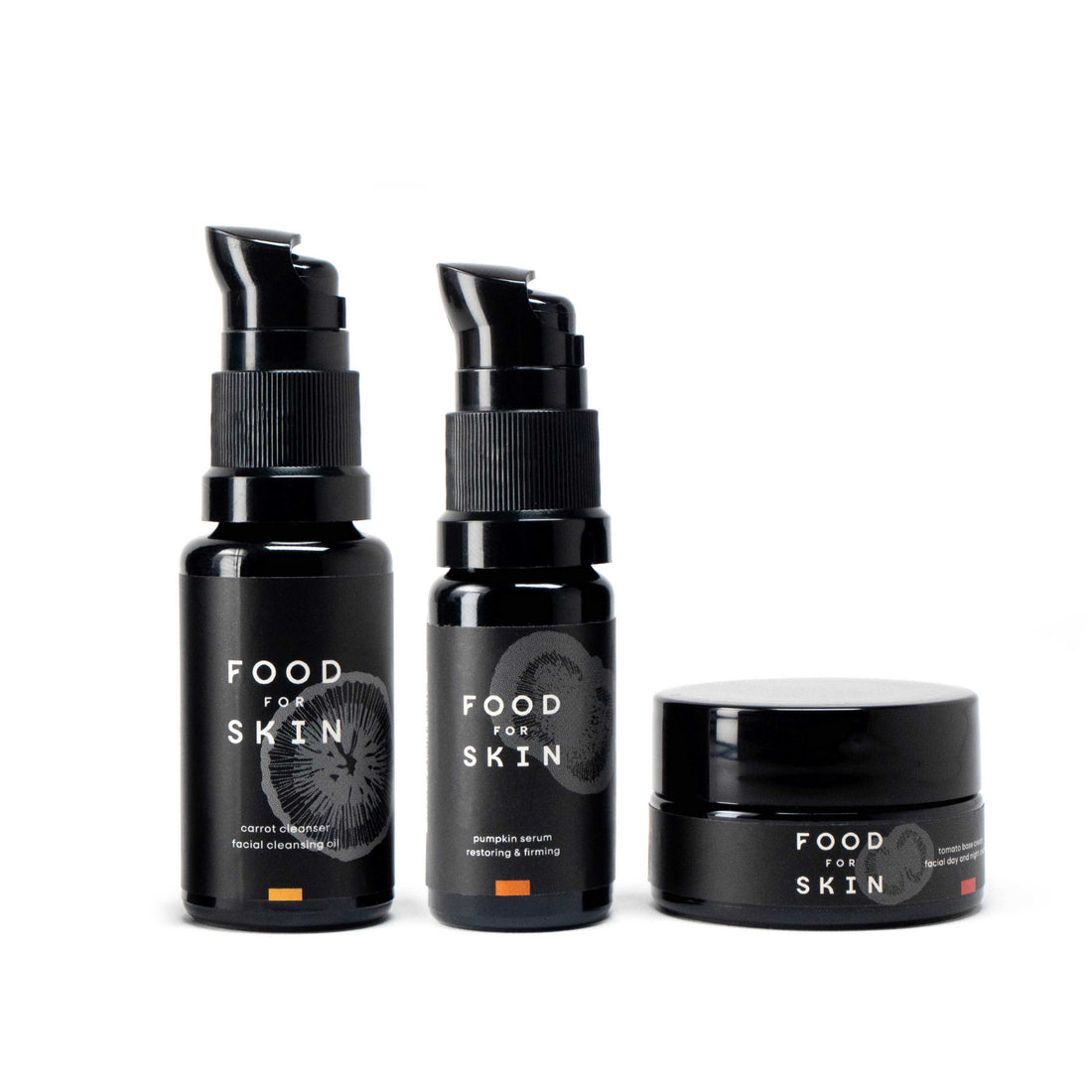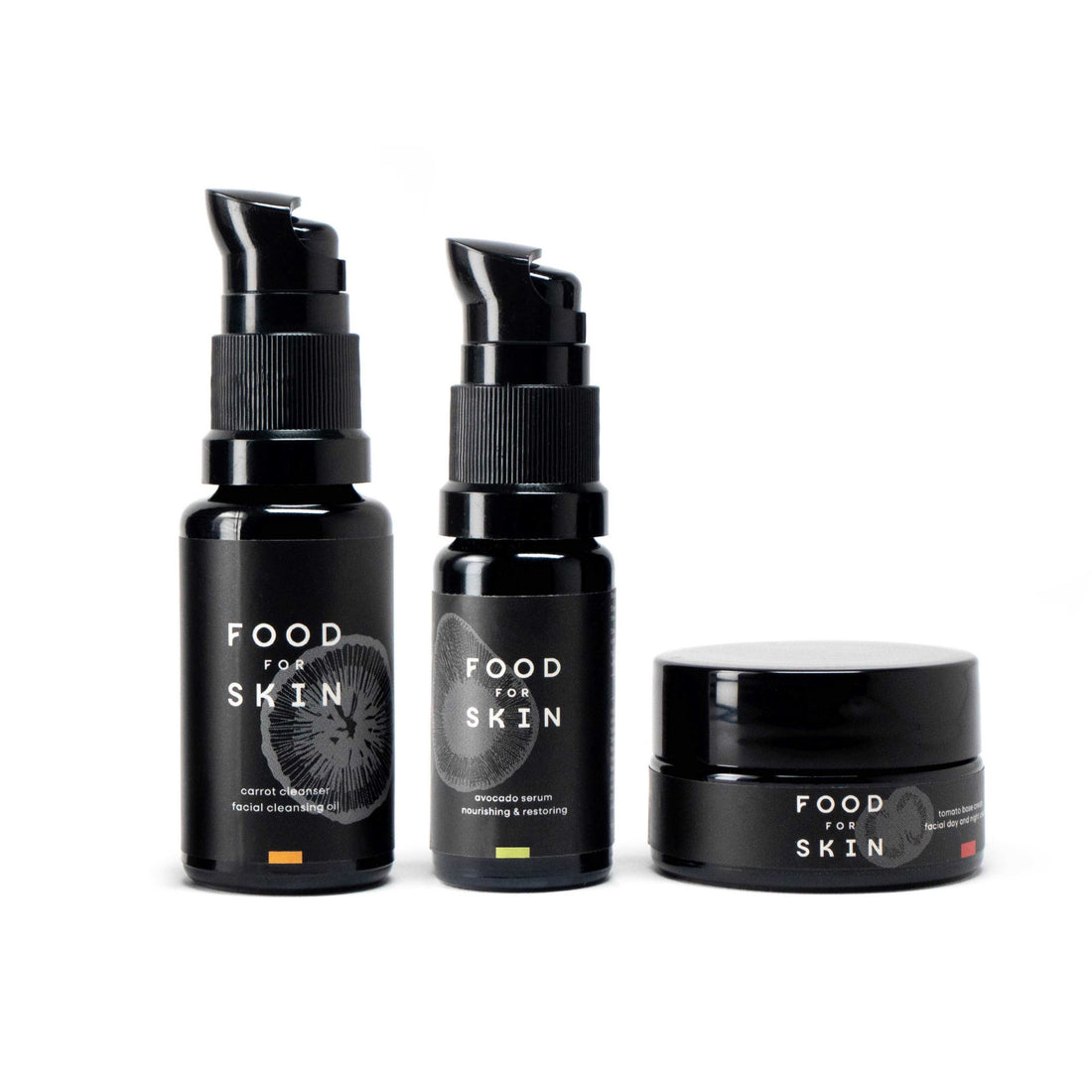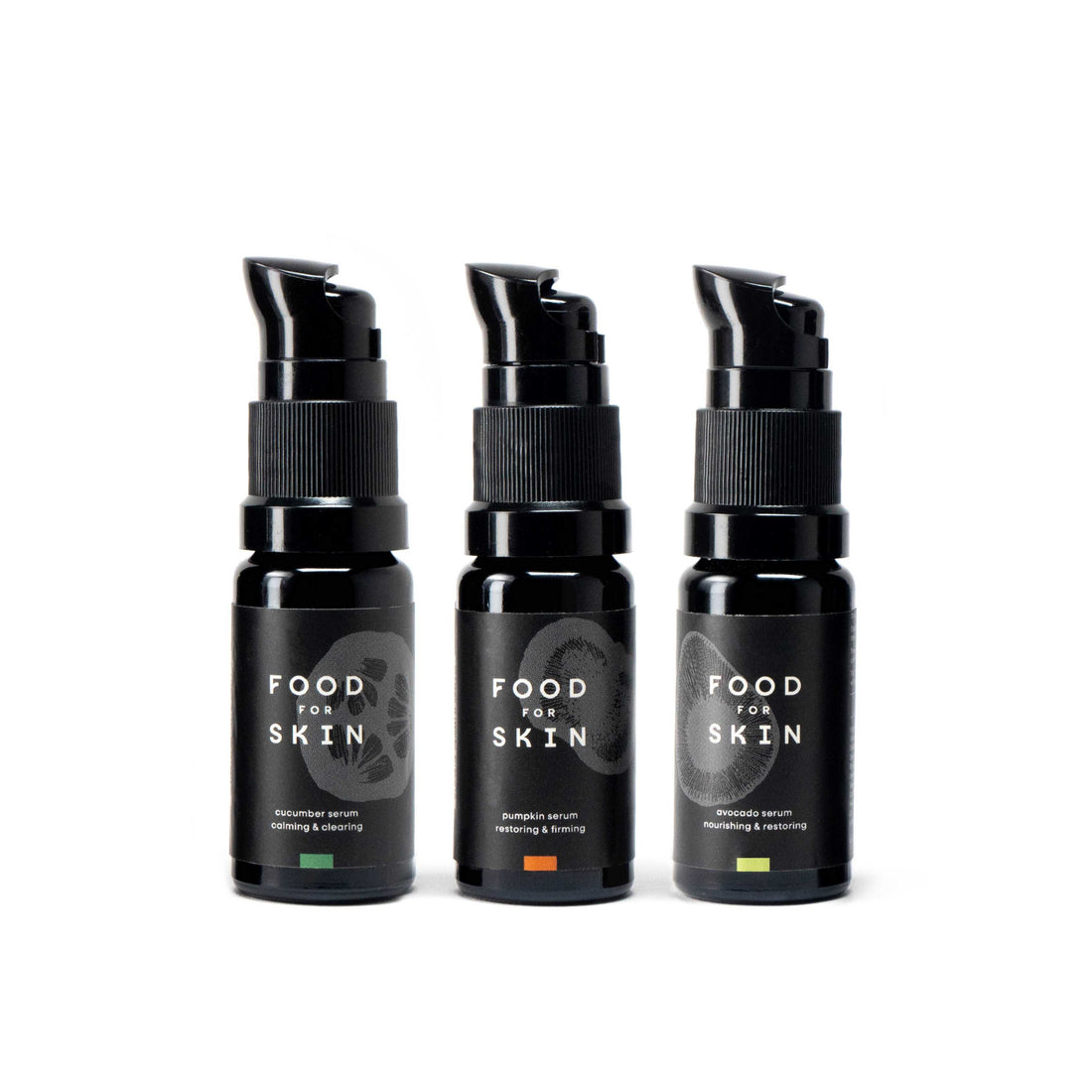The sun on your skin feels wonderful, but it is really important to protect your skin well to avoid burning. Sun is one of the main causes of skin aging and it is therefore important to protect yourself not only against burning (UVB), but also against skin aging and the risk of skin cancer (UVA). Do you want to know more about the effect of sunscreen? Or the difference between chemical and natural/mineral/physical filters? Then read this blog.
How fast can you burn?
How quickly you burn really depends on two things:
- Your skin type - see below
- The sun power - can be found in apps such as 'weather' on an iPhone (scale 1-10)
People with skin type 1 burn very quickly and do not tan. They have very light skin, often many freckles and red or light blond hair and blue eyes.
If you have this skin type, you tan slowly. External characteristics are: light skin, blond hair and gray, green or light brown eyes. Your skin tans slowly and you burn quite quickly.
Dark blond to brown hair and (dark) brown eyes? Then you have skin type 3. Your skin is probably (lightly) tinted and you tan more easily and burn less quickly.
You have dark skin, dark hair and dark brown eyes. Your skin tans easily and you rarely or never burn.
10 tips for sunbathing sensibly
1. Responsible sunscreen
If you are uncovered and in the sun for a longer period of time, it is important to apply sufficient sunscreen, such as SPF30 from Food for Skin . Applying sparingly does not provide sufficient coverage. How long does sunscreen last? The SPF indicates the factor of the sunscreen and therefore also how often you should apply it. Want to know more about what SPF actually is and how it works? You can read that here .
2. Avoid the sun
Avoid the sun completely between 12:00 and 15:00. The sun is strongest then.
3. Umbrella, shade, clothing
Food for Skin actually advises to always enjoy the sun under a parasol or in the shade. Then 50% of the UV rays will still reach your skin and you will get that beautiful golden tan without burning or damaging your skin. Even in the shade, so still apply sunscreen! Also remember to wear a cap and covering clothing if you do go out in the sun.
4. Shelf life of sunscreen
Pay attention to the packaging for how long your sunscreen and therefore the factor is still good after opening. The factor decreases when it has come into contact with oxygen. With Food for Skin SPF30 this is 12 months. So calculate your use well, because the factor really decreases after 12 months.
5. Apply sunscreen before and after swimming
UV rays penetrate to a depth of about 30cm in the water. So always apply sunscreen before and after swimming. After swimming it is also very important (even if there is water repellent on it), because you then quickly remove your sun protection with your towel. UV radiation can also cause skin aging behind glass (car, windows). 50% can come through glass, so protect yourself behind glass too.
6. How long should sunscreen be left on?
A synthetic filter should really be applied 30 minutes before you go into the sun, because it only works after it has been absorbed into the skin. A physical/mineral filter (such as Food for Skin) places a reflective layer on the skin and works immediately. Tips on how to recognize good, natural sunscreen with a mineral filter? Read this blog.
7. Be careful with exfoliating and scrubbing
Be careful when removing dead skin cells by exfoliating with fruit acids, BHA, AHA or glycol, scrubbing and peeling. These dead skin cells act as a natural protective layer against UV radiation. Your skin looks like a baby's skin after exfoliating, and that is precisely the problem: the rosy new skin is very susceptible to UV radiation and thus accelerates hyperpigmentation and age spots. In the summer, limit exfoliating to 2 times a week and do this in the evening. Use a mild peeling to not damage the skin barrier too much.
8. Take care of dry skin from the sun
Take care of your skin after sunbathing by not doing a few things. Don't use aggressive make-up cleansers, drying soaps in the shower or exfoliation. What you should do: take care of your skin with super mild products that keep the moisture balance in the skin at the right level, such as the Cucumber Serum from Food for Skin or a body oil without perfume.
9. Pregnancy sun & pregnancy mask
Be very careful during pregnancy and when using medication. There is a chance of hyperpigmentation (pregnancy mask, age spots). The contraceptive pill can also cause this. Check the package inserts carefully.
10. No perfume in the sun
Don't wear perfume when you go out in the sun, because it can cause pigment spots . Some perfumes are specifically made for the sun, but check this carefully.









